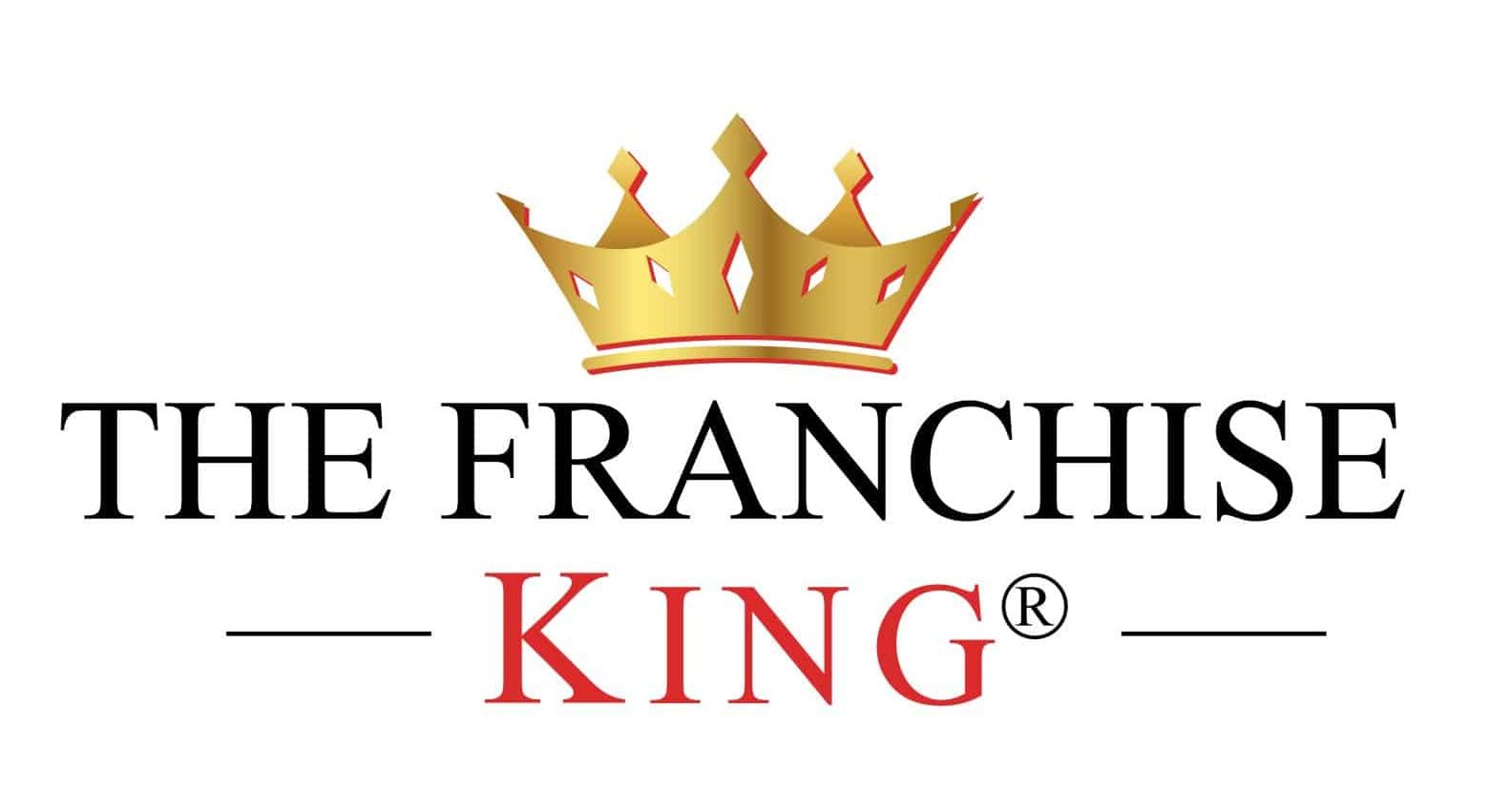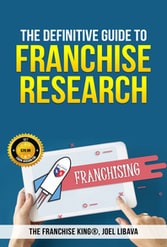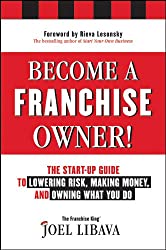
Franchisees: Do you think tax relief automatically means relief for your franchise business?
Think again.
While several headlines celebrate the “Big Beautiful Bill” as a franchise owner victory, the reality for individual franchisees tells a different story.
In other words, there’s a lot of spin out there.
Keep reading for a counterpoint to a now-passed bill most of the country was and still is against.
Note: the information contained in this post is from readily available sources found online.
Key Takeaways:
- The Big Beautiful Bill may not be as beneficial for franchisees as it seems: Despite the hype, the bill’s tax benefits come with complex requirements and limitations that may not apply to individual franchisees.
- Tax benefits can be a double-edged sword: Provisions like the 100% bonus depreciation and interest deduction can create pressure to make large capital investments, lead to poor equipment purchasing decisions, and increase debt levels.
- Franchisors and large corporations may be the primary beneficiaries: The bill’s tax benefits, such as the Research and Development (R&D) fix and the qualified small business stock (QSBS) exemption, may primarily benefit franchisors and large corporations, rather than individual franchisees.
- Compliance costs and complexity can outweigh tax benefits: The bill’s new tax provisions require understanding, implementation, and ongoing management, which can increase accounting and legal fees, divert time from core business activities, and risk costly mistakes.
- Franchise success depends on more than just tax benefits: Franchisees should focus on operational efficiency improvements, customer satisfaction and retention, local market development, and sustainable growth strategies to achieve long-term success, rather than relying solely on tax benefits.
The Complexity Tax: When Franchisee Benefits From The Big Beautiful Bill Become Burdens
Every “benefit” in this billionaire-friendly legislation comes with strings attached. Let’s talk about what those strings actually mean for your business.
The Qualified Business Income Deduction Trap
Sure, maintaining the current 20% deduction sounds great.
But here’s what the headlines don’t tell you: qualifying for this deduction requires navigating an increasingly complex web of requirements that many franchisees simply can’t meet.
The Reality Check:
- Income limitations that phase out benefits for successful franchisees
- Detailed record-keeping requirements that demand additional accounting costs
- Franchise-specific restrictions that limit eligibility
With those things in mind, many franchisees are going to discover they’re spending more on compliance than they’re saving in taxes. Is that really a victory for franchisees?
Bonus Depreciation: The Capital Expenditure Pressure Cooker
The 100% bonus depreciation sounds like a gift, but it’s actually a double-edged sword that can slice through your cash flow.
Why This “Benefit” Backfires:
- Pressure to make immediate large capital investments to maximize deductions
- Creates artificial urgency that may lead to poor equipment purchasing decisions (and potential price increases because of Trump’s tariffs)
- Frontloads tax benefits while creating future depreciation gaps
Smart franchisees know that tax timing shouldn’t drive business decisions. Yet this provision encourages exactly that kind of backward thinking.
The Big Beautiful Bill And The R&D Fix: A Solution for Problems Most Franchisees Don’t Have
Research and development expenses?
Today’s franchisees aren’t developing new products—they’re following established franchise systems. Franchisors are the ones who develop new products and services.
That’s why this provision primarily benefits franchisors not the individual business owners who form the backbone of franchising.
The Disconnect:
- Benefits flow to corporate headquarters, not individual locations
- Adds complexity without meaningful impact for most operators
- Sounds good-but doesn’t actually benefit franchising much
The Big Beautiful Bill, Franchisees, And The Interest Deduction Mirage
Returning to EBITDA calculations for interest deductions might seem helpful, but it masks a deeper problem: highly leveraged franchise businesses become more vulnerable to economic downturns.
The Hidden Risk:
- Encourages higher debt levels through favorable deduction treatment
- Creates artificial sustainability in overleveraged businesses
- Increases systemic risk across franchise networks
Estate Tax Changes: Widening the Franchise Wealth Gap
The $15 million estate tax exemption primarily benefits wealthy multi-unit operators and franchise founders/executives—not the typical single-unit franchisee building a family business.
The Real Impact:
- Creates barriers for succession planning for smaller franchisees
- Reinforces the trend toward franchise consolidation
The QSBS Exemption: Another Big Player Advantage
The qualified small business stock exemption sounds inclusive, but most franchisees operate as LLCs or partnerships, not C corporations. This benefit primarily advantages:
- Sophisticated investors with complex corporate structures
- Large-scale franchise developers
- Private equity firms investing in franchise businesses
Individual franchisees? They’re largely left out of this particular tax party.
The Compliance Cost Reality
Every new tax provision requires understanding, implementation, and ongoing management. For franchisees already juggling operational demands, these “benefits” create additional administrative burdens:
- Increased accounting and legal fees
- Time diverted from core business activities
- Risk of costly mistakes in complex tax planning
A Different Perspective on “Victory”
Of course, The International Franchise Association celebrated this legislation as a “major victory.” But victories for whom?
The Winners:
- Large franchise corporations
- Multi-unit operators with sophisticated tax planning
- Franchise development companies
- Tax professionals and consultants
The Losers:
- Individual franchisees without complex corporate structures
- Small business owners focused on operations over tax optimization
- Franchisees in markets with high competition and thin margins
Franchisees Making Smart Decisions Despite the Noise
Your franchise success isn’t determined by tax policy—it’s built on solid business fundamentals. Here’s how to navigate this landscape:
Focus on What Actually Matters:
- Operational efficiency improvements
- Customer satisfaction and retention
- Local market development
- Sustainable growth strategies
Tax Planning Reality Check:
- Consult qualified professionals before making major decisions
- Don’t let tax benefits drive poor business choices
- Understand your specific situation rather than relying on general “benefits“
The Bottom Line
Tax legislation in the Big Beautiful Bill that claims to help franchisees often ends up helping everyone except the individual franchise owner.
The complexity, compliance costs, and misaligned incentives in this bill may actually make it harder for franchisees to build sustainable businesses.
That said, real franchise success comes from understanding your market, serving customers well, and building efficient operations. Tax benefits are nice, but they’re not a substitute for good business practices.
The question isn’t whether this “Big” legislation provides tax benefits—it’s whether those benefits actually help you build a better business. For most franchisees, the answer is more complicated than the headlines suggest.
Finally, be sure you hire a tax professional who’s an expert on small business and/or franchise businesses.
Frequently Asked Questions: Tax Relief for Franchise Businesses
Does the Big Beautiful Bill provide tax relief for franchise businesses?
While the bill offers some tax benefits, the reality is that many franchisees will not qualify for these benefits due to complex requirements and limitations.
What are the strings attached to the Qualified Business Income Deduction?
The deduction comes with income limitations, detailed record-keeping requirements, and franchise-specific restrictions that may limit eligibility and increase compliance costs.
How does the 100% bonus depreciation affect franchise businesses?
The bonus depreciation can create pressure to make large capital investments, lead to poor equipment purchasing decisions, and frontload tax benefits while creating future depreciation gaps.
Who benefits from the estate tax changes in the Big Beautiful Bill?
The estate tax changes primarily benefit wealthy multi-unit operators and franchise founders/executives, not typical single-unit franchisees building a family business.
About the Author
The Franchise King®, Joel Libava, is a leading franchise expert, author of "Become a Franchise Owner!" and "The Definitive Guide to Franchise Research." Featured in outlets like The New York Times, CNBC, and Franchise Direct, Joel’s no-nonsense approach as a trusted Franchise Ownership Advisor helps aspiring franchisees make smart, informed decisions in their journey to franchise ownership. He owns and operates this franchise blog.
Note: When you buy through links on this website, we may earn an affiliate commission.








